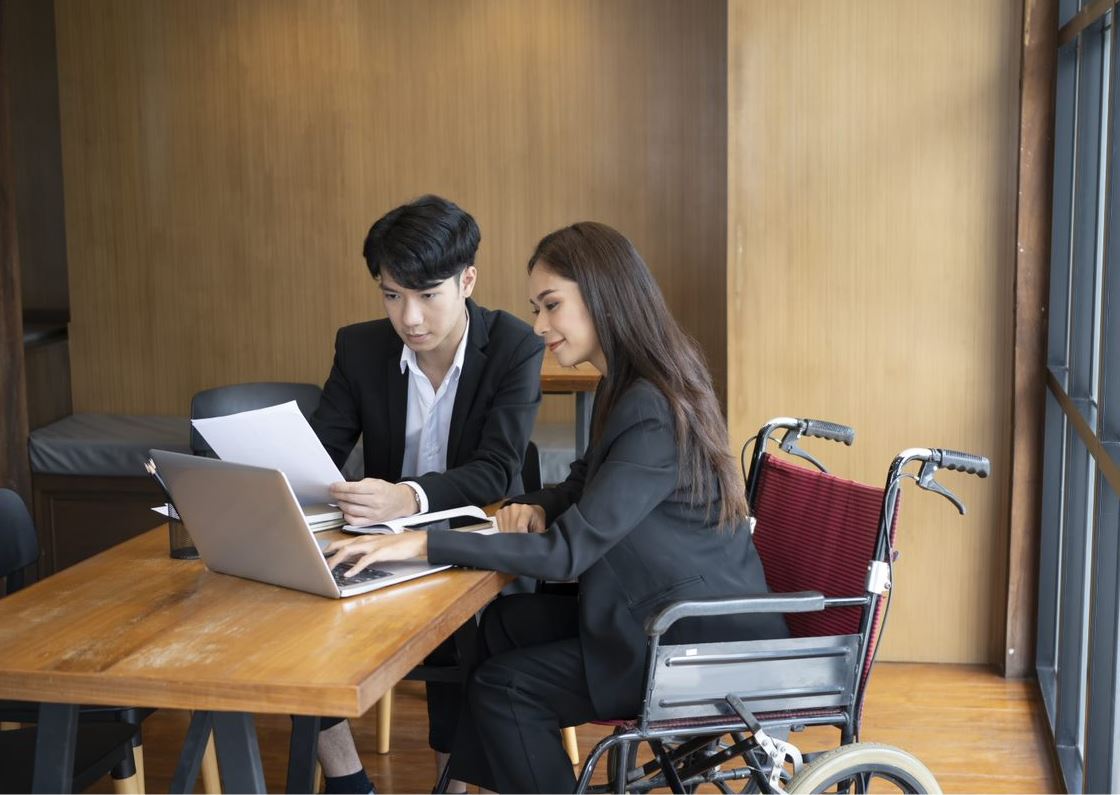
Disability employment is gaining attention in Australia and slowly gaining interest from mainstream business leaders, Flinders University experts say.
To address the issues, the Flinders University Centre for Social Impact is running an international conference in Adelaide on 3-4 August. It aims to stimulate increased efforts and create more innovative opportunities for people with disabilities to find gainful employment.
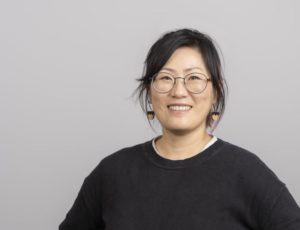
“We need a better understanding of disability employment, including cognitive disabilities and autism, and their potential to be part of more inclusive and innovative workplaces,” says conference organiser Ms Jung Yoon, from the Flinders Centre for Social Impact.
To address the barriers to employment and discuss better pathways, Flinders University researchers will join Australian and overseas experts at the ‘Innovation in Disability Employment’ cross-cultural conference, in partnership with the South Korean Government’s Employment Agency for Persons with Disabilities.
The Korean Employment Agency for Persons with Disabilities (KEAD) provides multiple services for job placements, vocational training, assistive technology device and personal support for people with disabilities across South Korea.
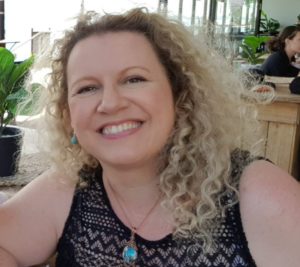
“Australia and South Korea have distinctly different disability employment support systems,” Ms Yoon says.
“Korea has a mandatory disability employment quota system and the Government has introduced a subsidiary-type standard workplace system to encourage large companies to employ people with disability.
“Under this system, a parent company or large corporation can establish subsidiaries for the purpose of disability employment.”
As a result, more than 100 disability employment subsidiaries have been started in South Korea by companies including LG and Samsung (KEAD report 2020. The mandatory employment quota system has also introduced training in vocation skills as diverse as 3D printing, drone control, digital design and other technological skills and subsequently tapped into a large new worker group in Korea.
In contrast, Australia supports a voluntary approach to individual person-centred approaches to disability employment, offering funding and different services to support hiring people with disability.
“The two systems face common challenges such as negative public perception and lack of understanding of disability, which significantly affects the low rate of disability employment,” Ms Yoon says.
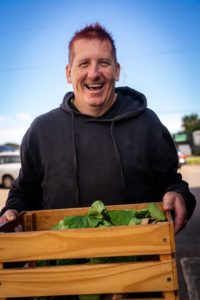
“We can learn from diverse approaches to disability employment policies to improve outcomes.”
Other experts speaking at the conference say accessible, inclusive and innovative working environments help people with physical and cognitive disabilities such as autism spectrum disorder to gain socio-economic equity and a better quality of life.
Self-employment via ‘microenterprise’ ventures is another option for people with cognitive and other disabilities, says Dr Claire Hutchinson, from the Flinders University Health and Social Care Economics Group.
“Microenterprise can be tailored to the passions, goals and capabilities of people with disabilities,” she says. “Our research demonstrates that business owners experience a number of valuable outcomes, including developing business acumen, social skills, confidence and autonomy and that they experience a meaningful role in contributing to their community.”
Dr Hutchinson has recently published studies on people with intellectual disabilities as business owners and perspectives of people with ASD in mainstream employment in Australia.
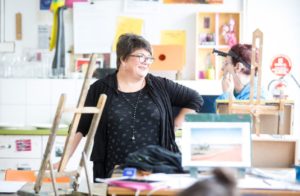
Other guest speakers at the Flinders University Innovation in Disability Employment Conference include:
Lisa Gorman, Melbourne nurse and fashion designer, who advocates for disability employment and cultural collaborations with Indigenous artists. Gorman Womenswear includes an extensive collection of garments designed with artists with disability and the Arts Projects Australia (APA) program.
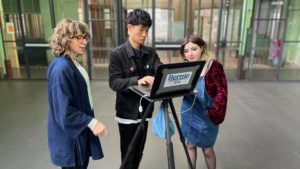
Michael Mooney, who lives with hearing impairment, speech and learning disabilities, has started his own microenterprise delivering fresh produce to clients in the southern suburbs of Adelaide.
Sue Roff, Executive Director at Arts Project Australia.
Robbi Williams, the CEO of the Julia Farr group and Purple Orange initiative.
The Australia-Korea Cross-Cultural Conference ‘Innovation in Disability Employment’ will be held at Flinders University, 182 Victoria Square Adelaide on 3-4 August 2022, hosted by the University’s Centre for Social Impact and supported by the Department of Foreign Affairs and Trade Australia-Korea Foundation.

